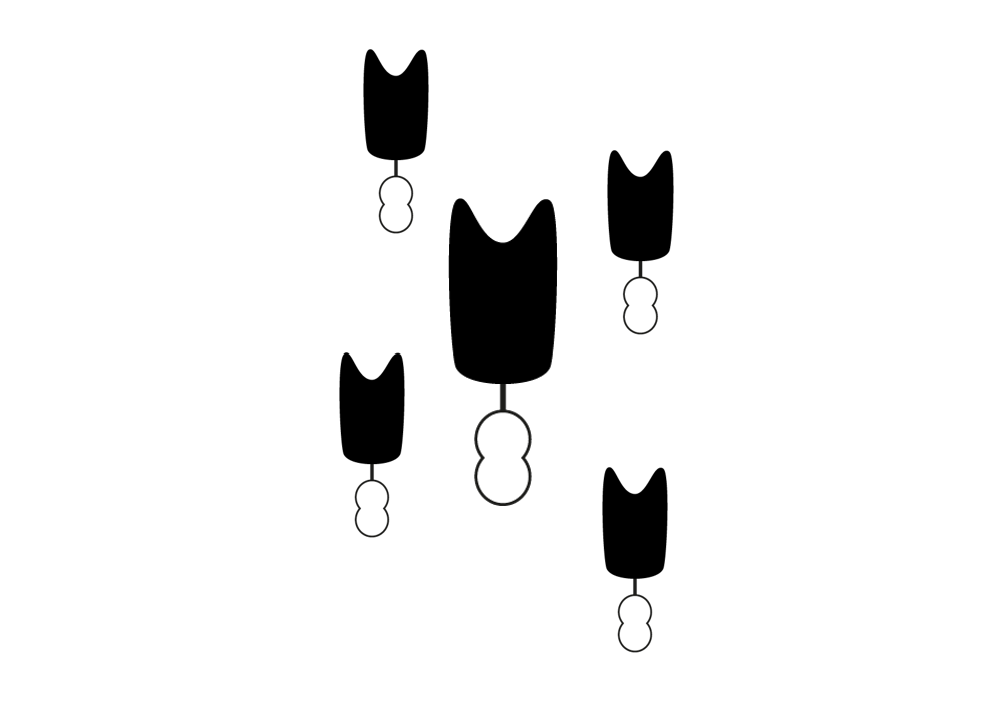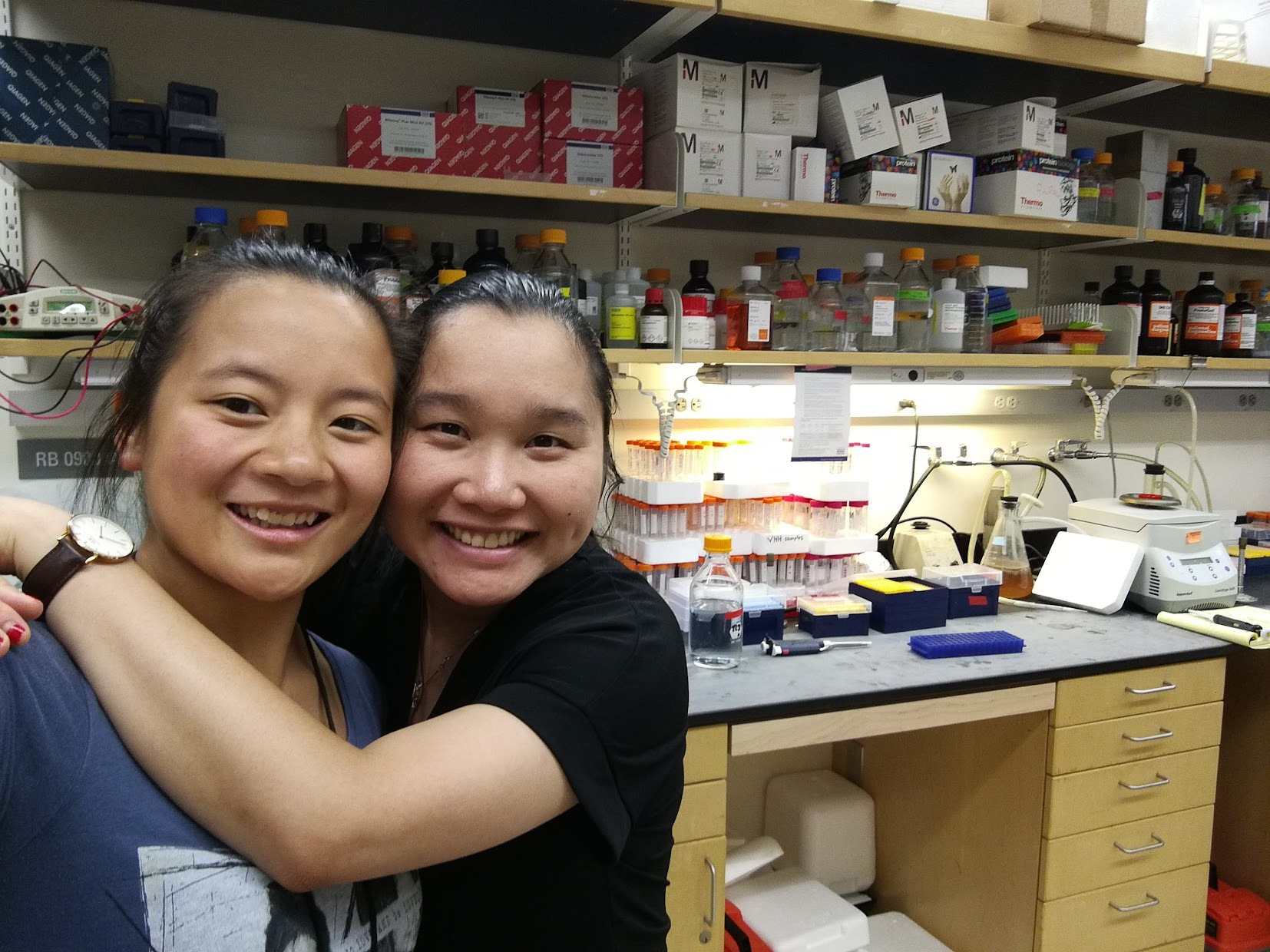
MSc Thesis
In 2019, my master’s thesis project took me to Boston, US. The world of research can be small. Through a colleague who happened to be my downstairs neighbor, I got in contact with Novalia Pishesha from the Ploegh lab at Harvard. One thing led to another, and soon I found myself flying across the ocean to work on nanobody-antigen conjugates for autoimmune disease treatment.

Paper download
Pishesha, N., Harmand, T., Smeding, L. Y., et al. (2021). Induction of antigen-specific tolerance by nanobody-antigen adducts that target class-II major histocompatibility complexes. Nature biomedical engineering, 5(11), 1389–1401. https://doi.org/10.1038/s41551-021-00738-5
Summary
Autoimmune diseases are generally treated with immunosuppressive drugs which shut down the entire immune response and expose patients to infections and other discomforts. Therefore, the development of safer treatment options that can induce antigen specific tolerance is highly desirable.
We produced and tested α-MHCII nanobody-autoantigen conjugates in various mouse models of autoimmune diseases. We found that single dose administration of VHHMHCII-antigen adducts is 100% protective to prevent experimental autoimmune encephalomyelitis (EAE) – a multiple sclerosis mouse model - and type 1 diabetes. When administered therapeutically, the conjugates were able to halt EAE progression.
Post a comment